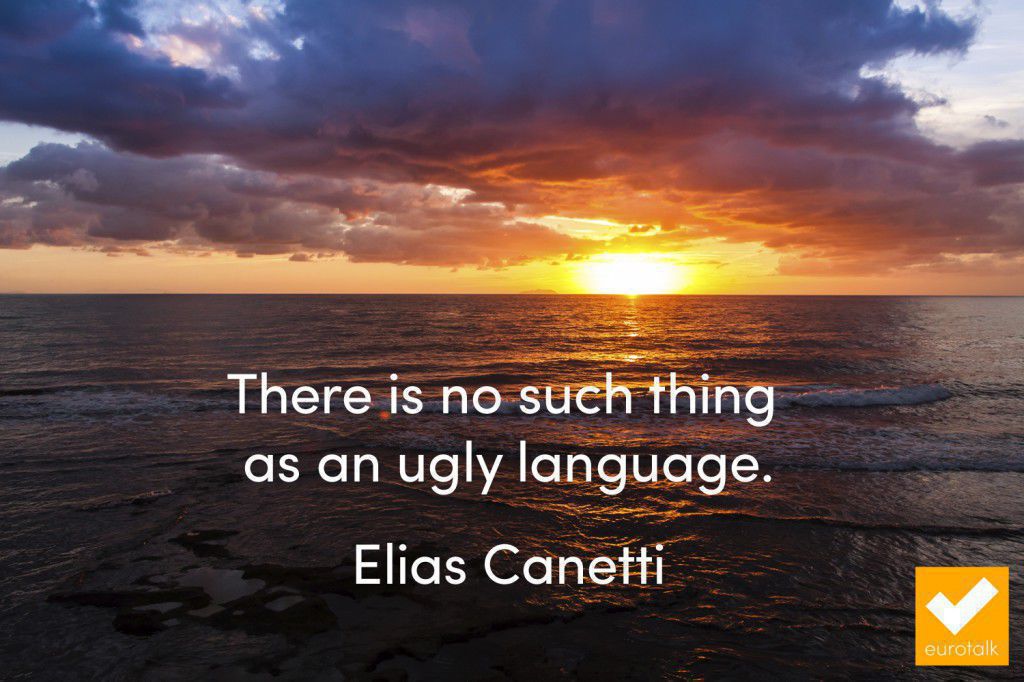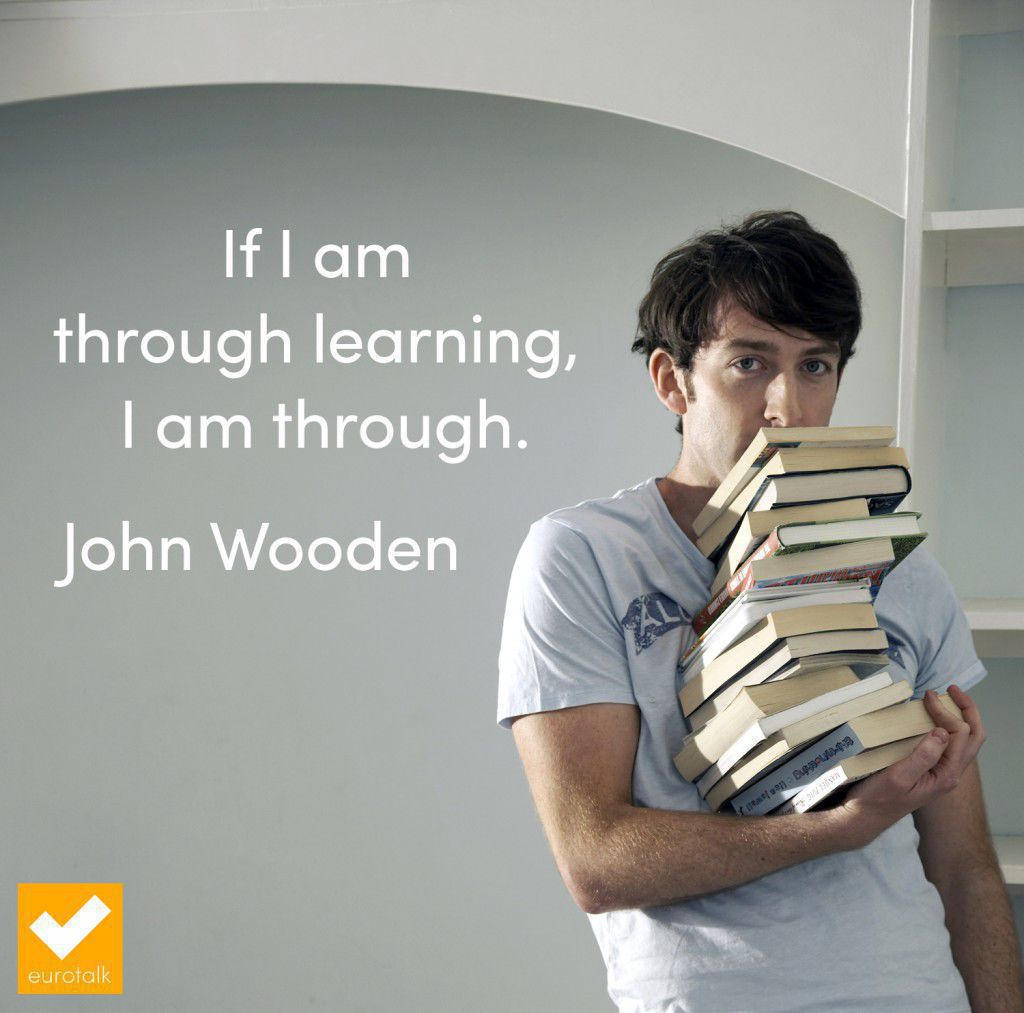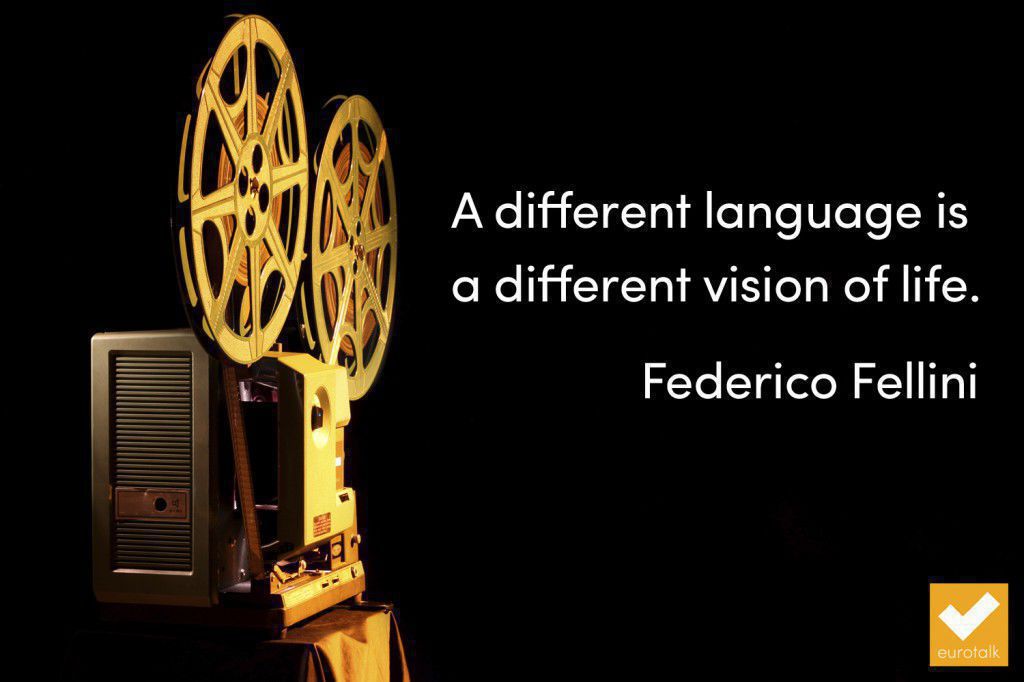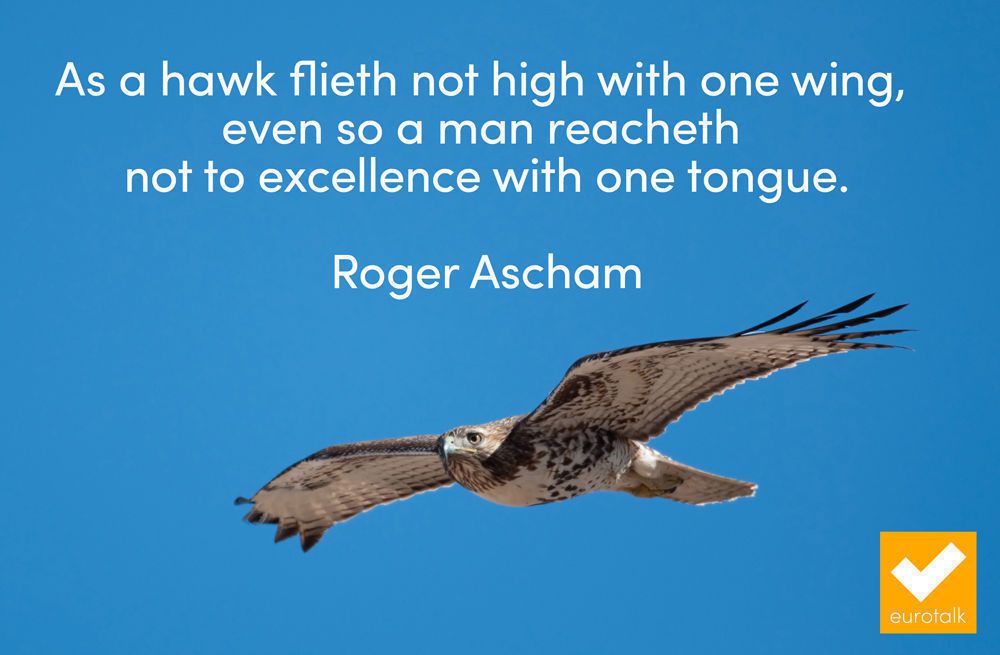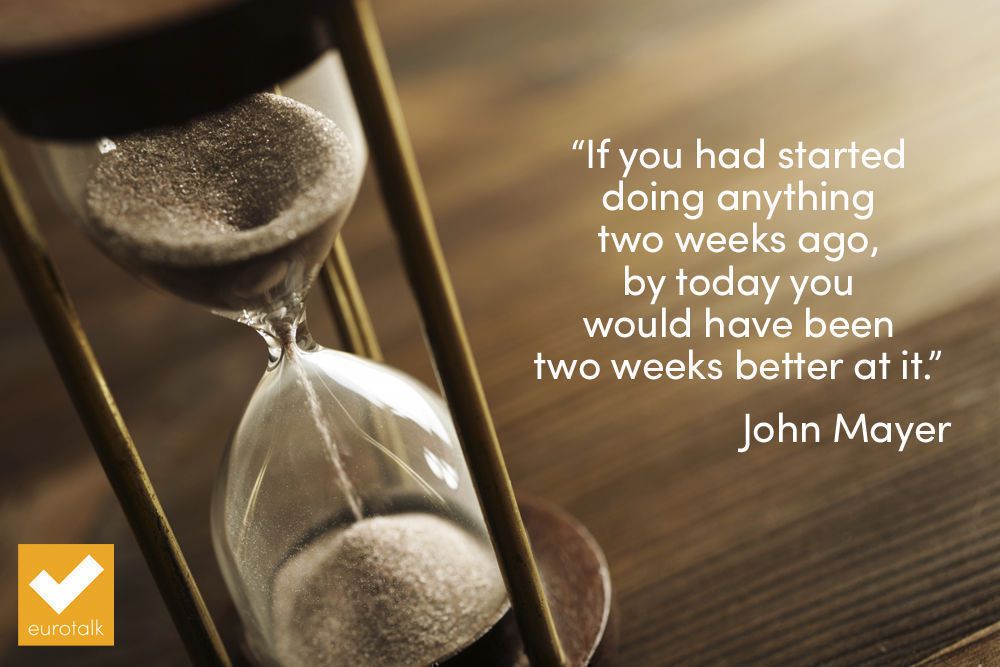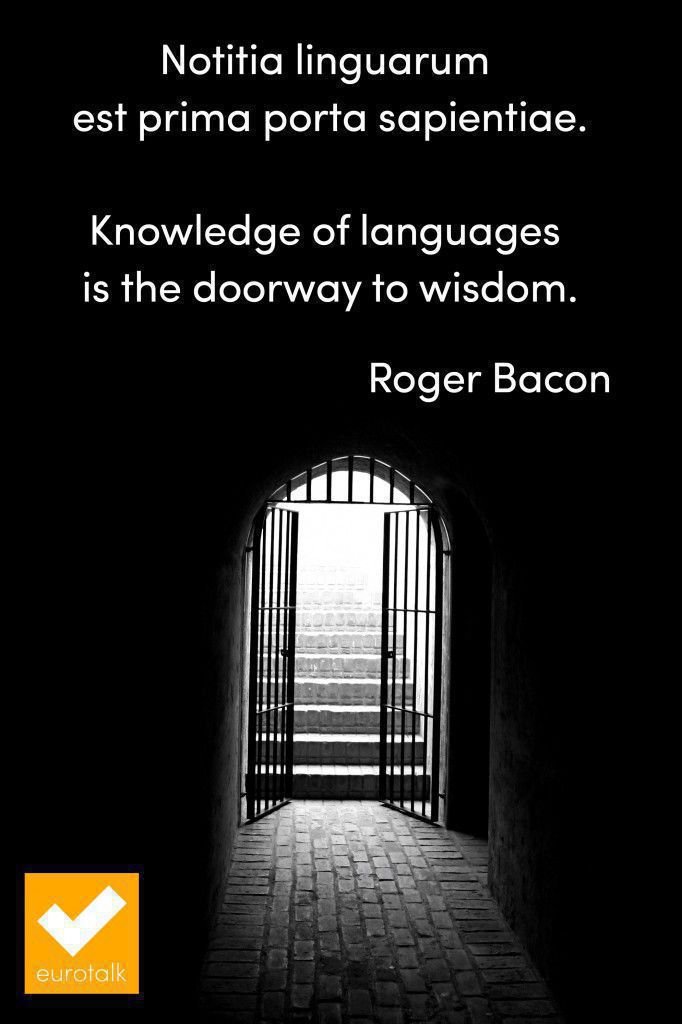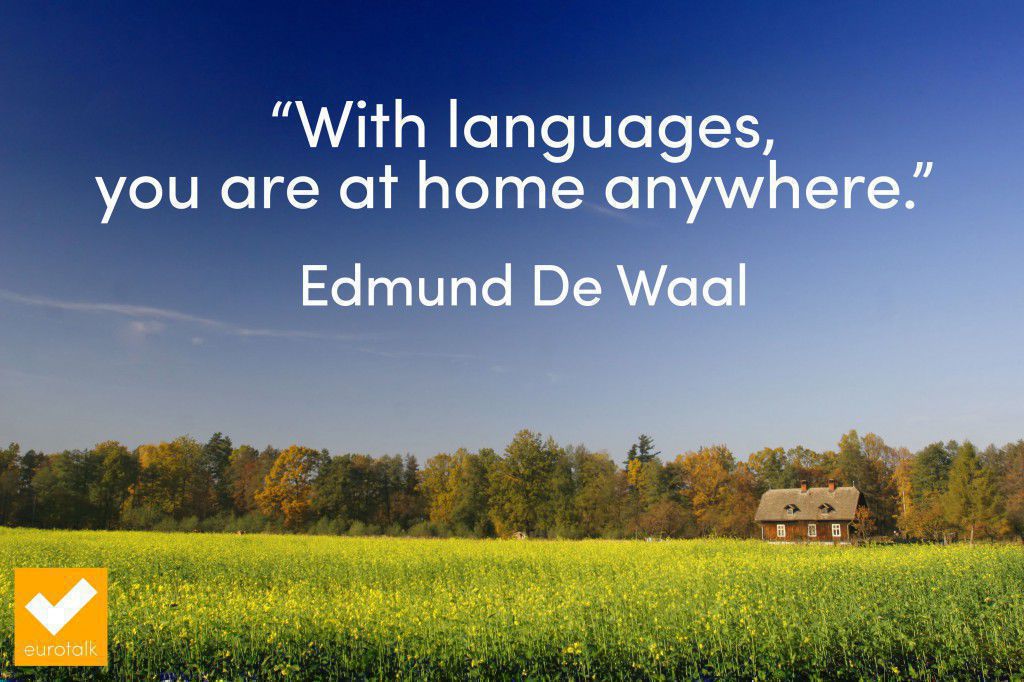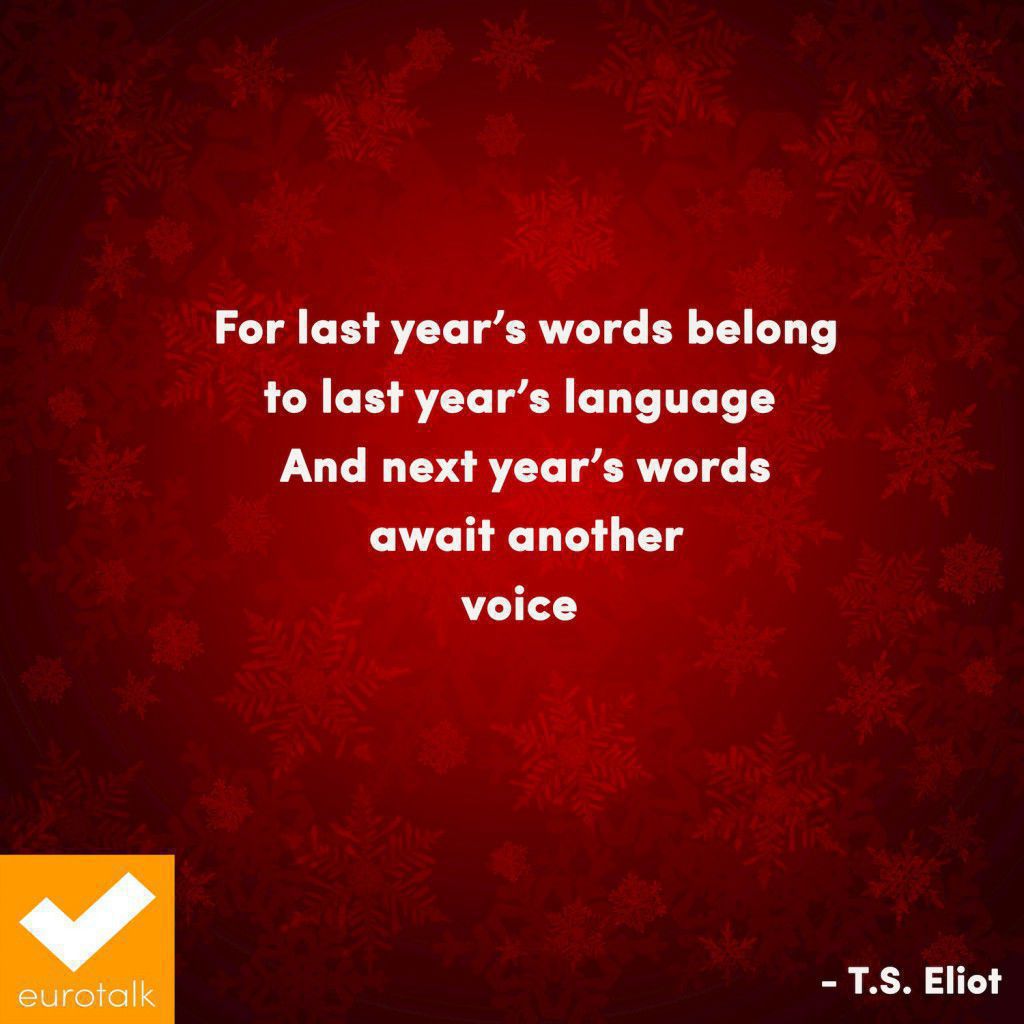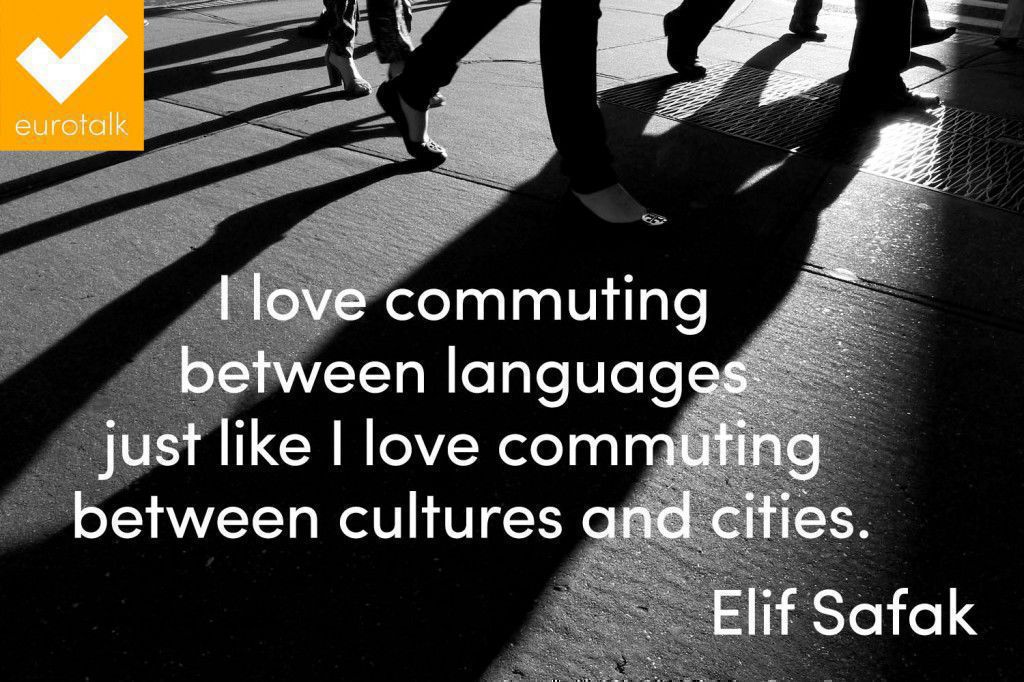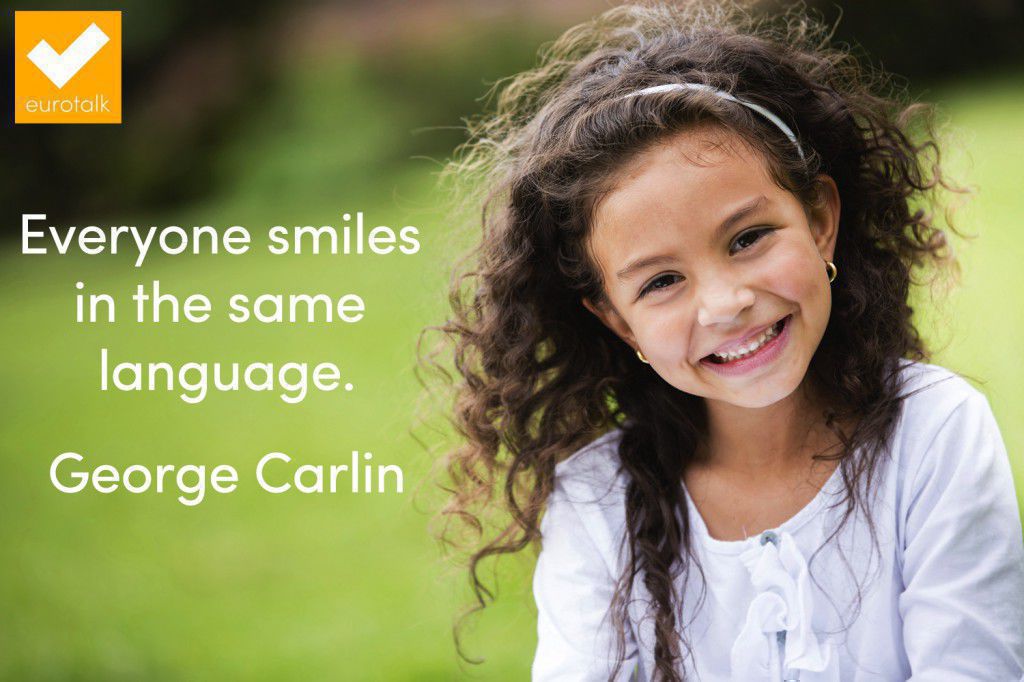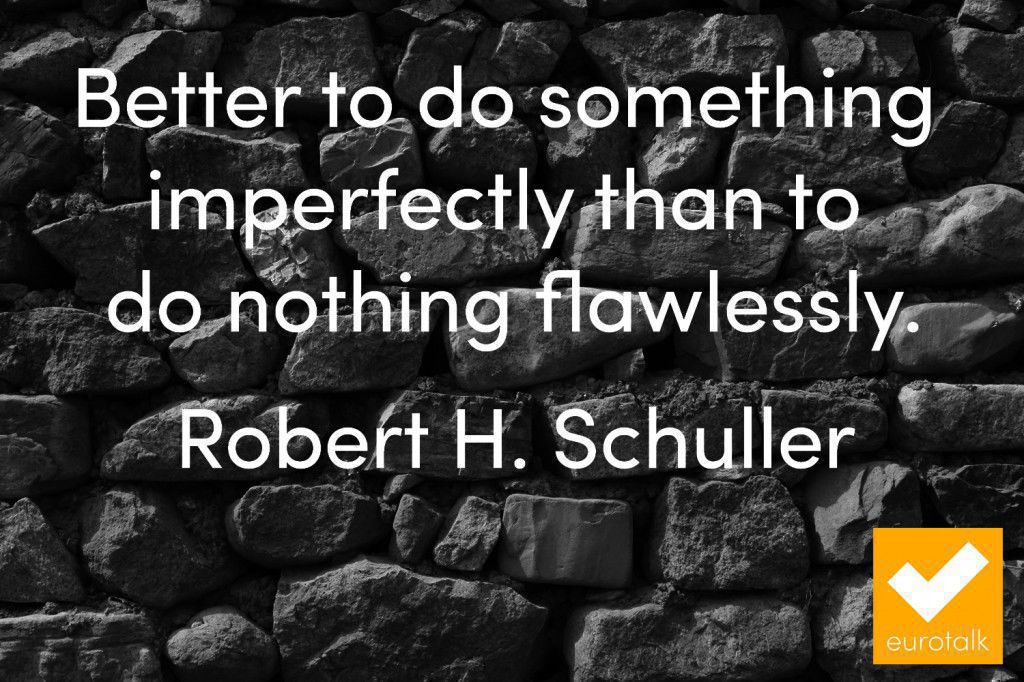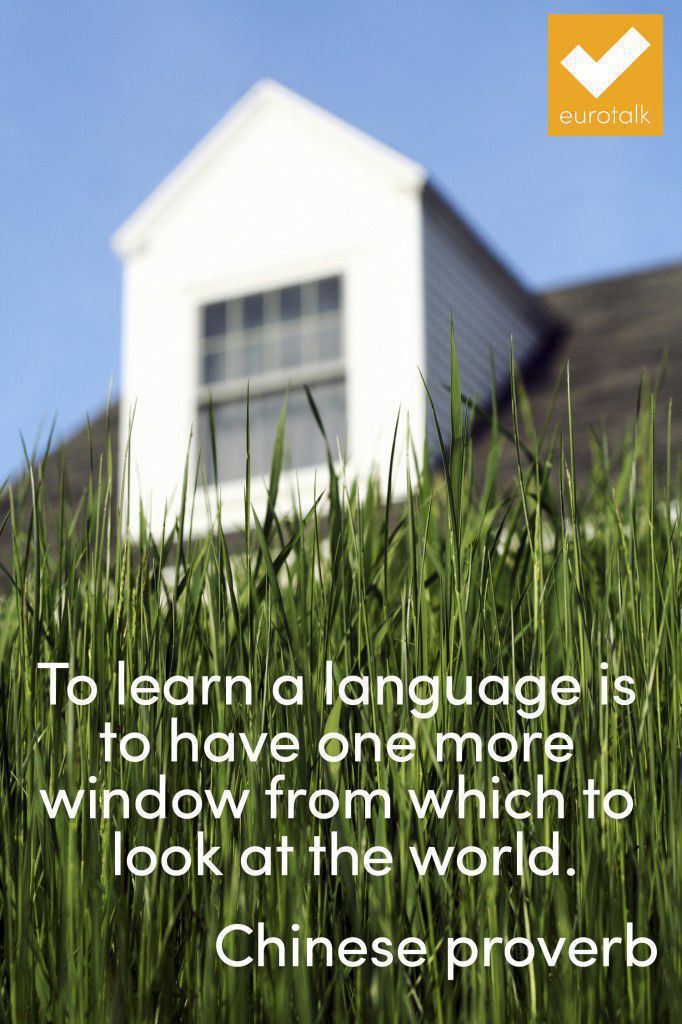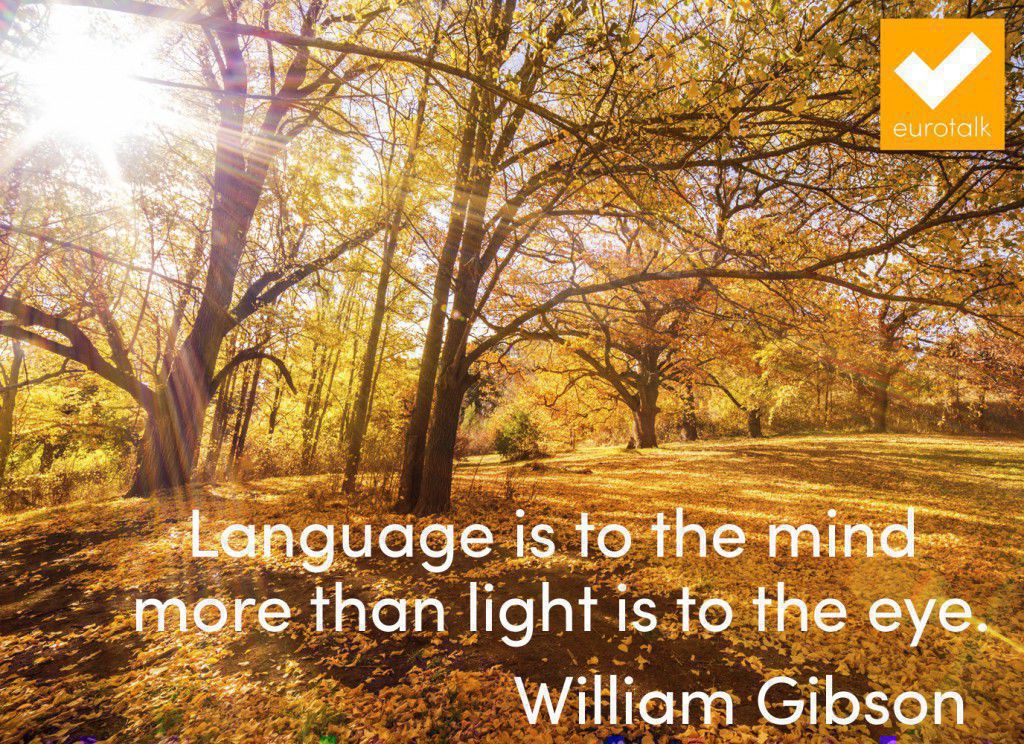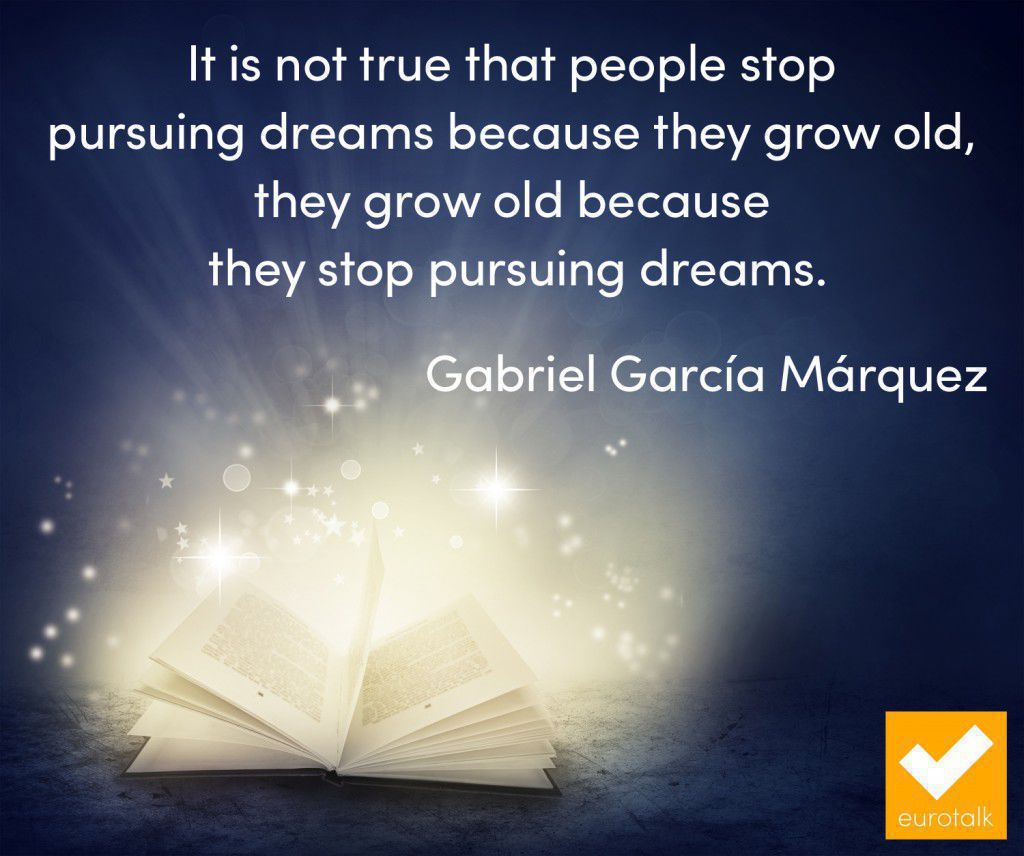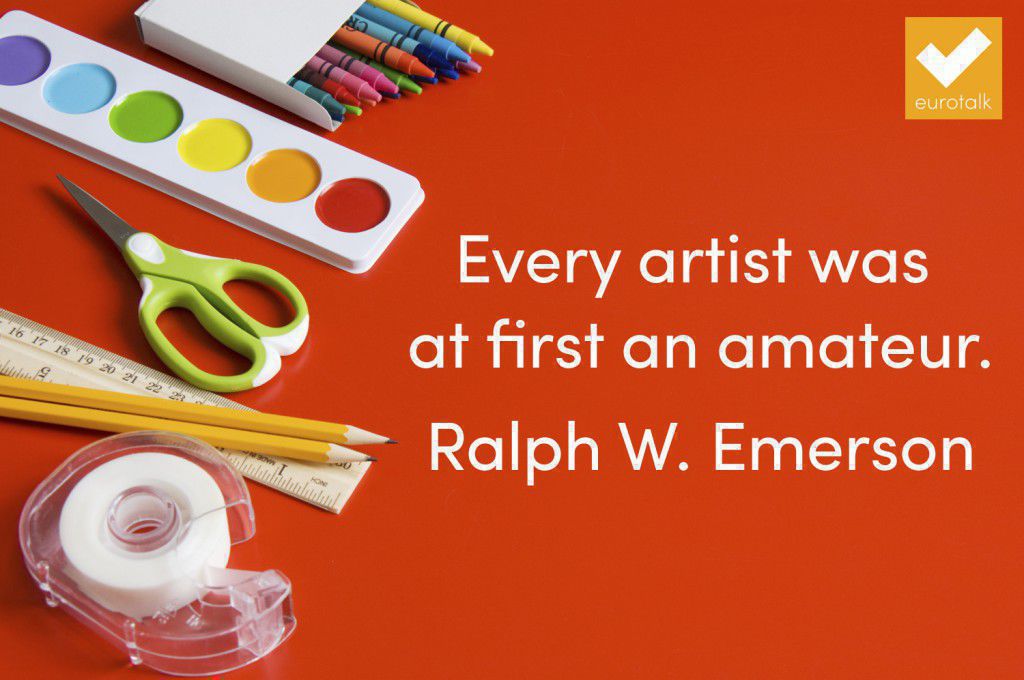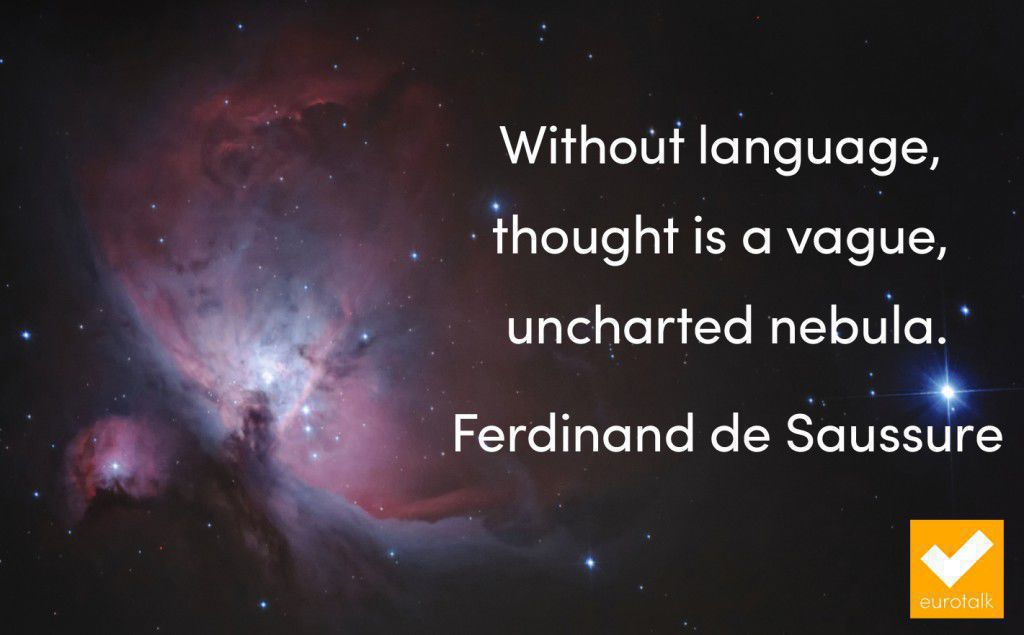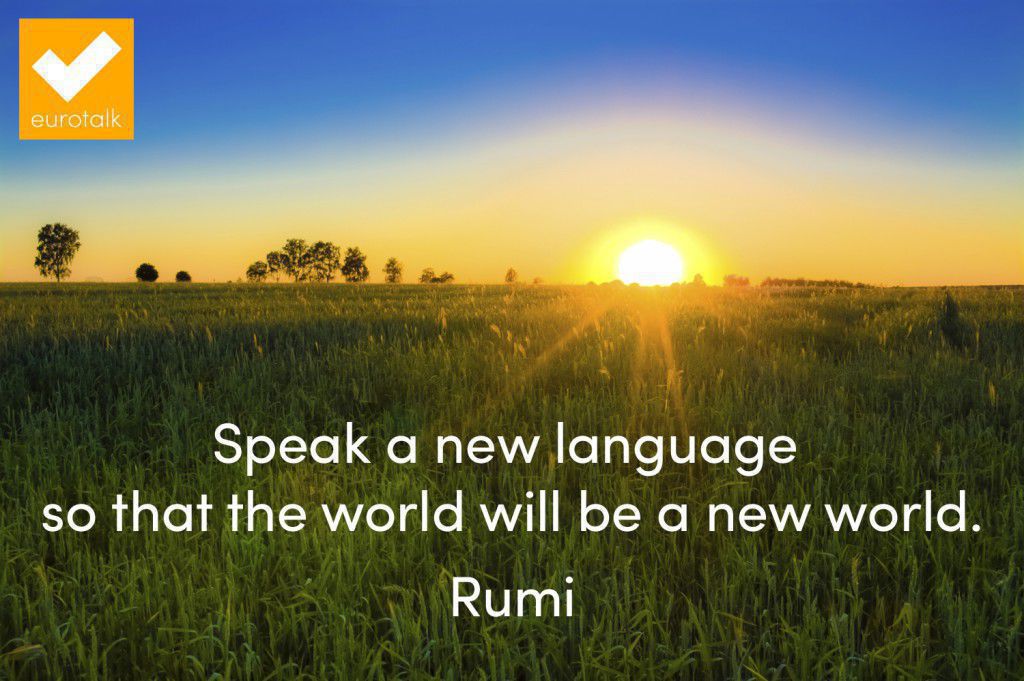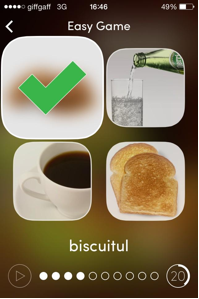Inspiring quotes for language learners
As you’ll know if you follow us on Facebook or Twitter, each week we share a quote that we think is particularly helpful or inspiring. So for today’s blog post, we’ve collected together a few of our favourites, to help motivate and encourage anyone learning a language. Feel free to share any that grab you.
You’ll find more of our weekly quotes on Pinterest and We Heart It. And if you have a quote you think we should share, please let us know!
Quote of the week: 17 Jan 2015
“If you can’t explain it to a six year old, you don’t understand it yourself.” Albert Einstein
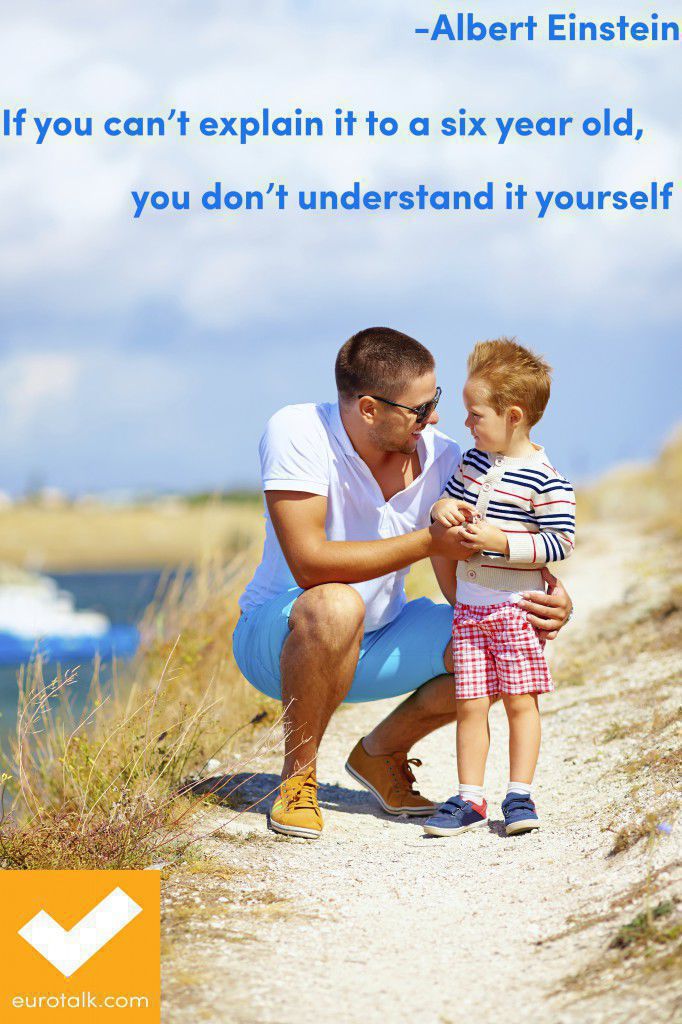 For more like this, find us on Pinterest or We Heart It.
For more like this, find us on Pinterest or We Heart It.
Embed This Image On Your Site (copy code below):
My uTalk Romanian journey so far
Having a look at the uTalk challenge scoreboard in the EuroTalk office, it looks like I’m some way behind with my Romanian learning. But I haven’t give up yet! Here’s what I’ve learned so far about this language.
1. It’s a lot like Italian
This is very helpful for me, as I already understand a reasonable amount of Italian (even if it’s only from watching too many episodes of Inspector Montalbano…), so words like ‘la rivedere’ (goodbye, like the Italian arrivederci), ‘buna seara’ (good evening, like buona sera in Italian) and many colours and adjectives are very similar (‘urata’, ugly, sounds like the Italian word brutta, and many others like ‘plin’/pieno, ‘trist’/triste, ‘rapid’/rapido, ‘negrul’/nero or ‘verdele’/verde). Numbers are also very close to those in Spanish or Italian.
2. Sometimes you can make words just by adding ‘ul’ to the end
Ioana helpfully informs me that this is just the masculine ‘the’ (the feminine is ‘le’), but it still seems like a reliable strategy to guess words. After words such as ‘trenul’, ‘aeroportul’, ‘pasaportul’, ‘doctorul’ and my personal favourite ‘biscuitul’, I started guessing other words like ‘vinul’ (correct!) and ‘mapul’ (sadly incorrect), which occasionally works.
3. The speaking game is really fun and addictive, and probably the best way to learn
I don’t know about other people, but for me, producing the language is the key to remembering it. So, speaking or writing the language is key. Repeating the phrases and then using my own recordings to identify the pictures is weirdly fun and helps me to remember better than simple guessing of pictures in the easy or hard games, which encourage recognition but not reproduction. Of course the ultimate test is the recall game, where you have to remember and say the word or phrase yourself and then check it. These games can take a while to get 100% on, but are an excellent tool.
4. You have to learn to make some brand new sounds
Romanian has a few fun letters that we don’t have. ‘â’ (with a little hat) sounds like an ‘uh’, not an ‘a’ at all. So ‘Cât e ceasul?’ (what’s the time) isn’t pronounced how it looks to English speakers, but like ‘Cuht e chassul’, because the â is a different letter, and ce is a ‘ch’ sound like in Italian. It also has a funny ‘I’ which looks like this: î and sounds like another ‘uh’, which is difficult to describe. This sound is in words like ‘închis’ (closed) which sounds more like ‘unkees’. These sounds are pretty fun to pronounce if you ask me, and Ioana says I sound ok, which I put down to repeating after the native speakers in uTalk.
5. They invented crazy words for vegetables that make no sense!
Ok, maybe that’s a bit harsh, but my knowledge of French, Spanish, Italian, English and German can’t help me when it comes to learning the names of vegetables that have names like ‘bamele’, ‘ardeiul’, ‘porombul’ and ‘varza’, which don’t relate to any language I know. They can’t even call zucchini zucchini: it’s actually ‘dovleceii’.
Somehow I don’t think I’m going to beat Nat in the uTalk challenge, but I’m having fun with Romanian anyway!
Alex
(Editor’s note: it turns out nobody could beat Nat, who completed the challenge in Icelandic a couple of days ago. She’s now considering which language to learn next – any suggestions?)
A language learning love story
Why learn a language this new year? Well, for one thing, you never know where it might take you.
Meet Ed. He thought he was just going out for a meal with friends. Little did he know what was about to happen…
And if Ed and Mei Li have inspired you to learn a new language, why wait? Download uTalk or visit our website now!
Learning lots of Icelandic!
Góðan dag!
As you may remember, I’ve been learning Icelandic for the January uTalk Challenge. It’s a totally new language for me, with different rules and pronunciation to other languages I’ve studied, and I’ve absolutely fallen in love with it.
There are a few sounds in Icelandic which I really love. One of them, which I’m going to (unflatteringly) call the ‘spitty’ sound, is the sound made by a double ‘L’, as in the word for car (‘bíll’). It’s incredibly satisfying to replicate, although I can’t really explain why – just find an Icelandic person and ask them to say the word for car, or get uTalk and hear our lovely voice artists say it, and you’ll see what I mean.
There are also a few sounds which have just tied my tongue into knots. Although a surprising amount of Icelandic seems vaguely intuitive for an English native speaker, occasionally I’ll come across a preposterously long word boasting a collection of ‘eð’s and ‘þorn’s (the two ‘th’ letters), and it’s really been a case of memorising the words at this stage. It took me absolutely ages to master ‘hjúkrunarfræðingur’ (rather less manageable than English’s nice and simple ‘nurse’) and ‘afgreiðslumaður’ (‘shop assistant’). However, on most topics there have been several items I can make an intelligent guess at, either because they have some connection to the English (‘hjarta’- heart, ‘kókoshneta’- coconut, ‘baunir’- peas, ‘bjór’- beer) or because Icelandic is wonderfully logical at times: it doesn’t take too much imagination to see that ‘á bak við tréð’ indicates ‘behind the tree’, and ‘Ég er með tannpínu’ means ‘ I have (lit. I am with) toothache’. So I have had it slightly easier than some of my colleagues, who have been battling with languages completely unconnected to English.
My technique has been to cram as much in as quickly as possible, launching into the Hard Game first and then going back to Practice to check on what I got wrong. I’ve left all the Recall sections until I’ve completed the other games in all the sections, and then I’ve gone back and used it as a test of how much I remember. I’ve also been pointing to people and things all weekend and saying the word in Icelandic, and getting anyone I’m with to repeat the words back to me. I’ve found this really useful because it makes you assume a certain amount of teacher-like responsibility, so if I’m not 100% sure on what I’ve told them I’ll go back and double-check it. Also, if they repeat back anything nonsensical I realise I’ve probably pronounced it terribly in the first place, and need to revise it. So thank you to everyone who’s put up with me spouting random Icelandic words at them recently! What I now plan to do is to leave the Icelandic for a week and then to come back to it towards the end of January and do all the Recall sections again, and see how much I remember (hopefully a lot).
I’ll leave you with my favourite word so far, which is ‘surfing’ – again, just another really satisfying sound: ‘brimbrettabrun’:
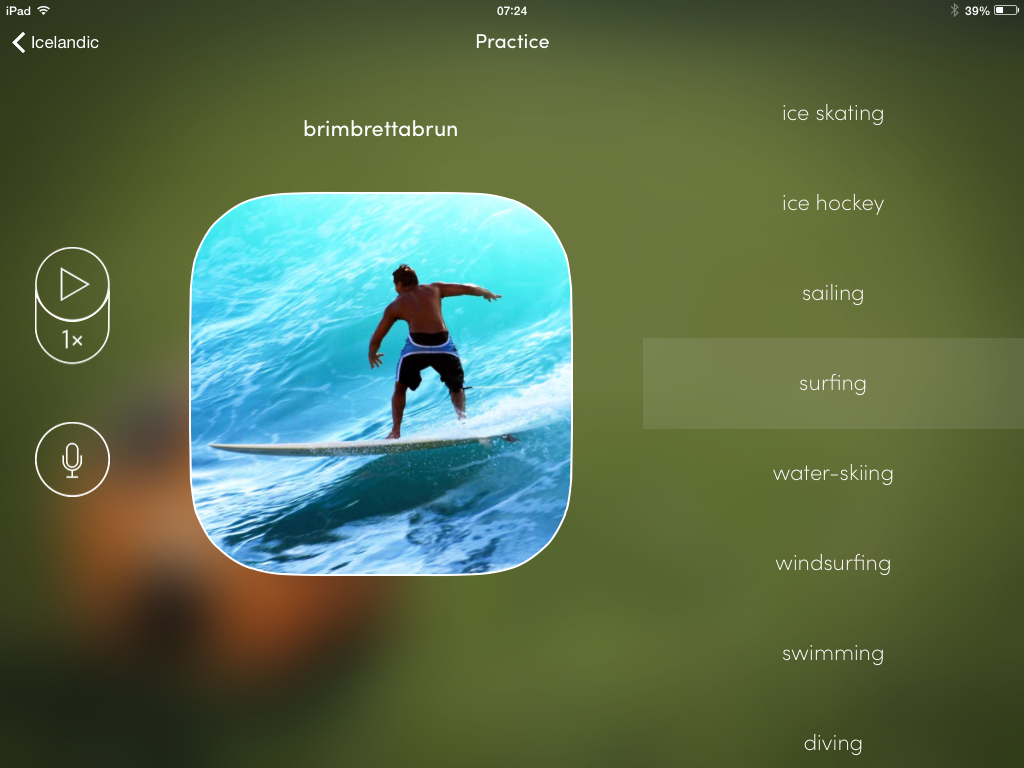 Is anyone else doing the uTalk challenge? How are you getting on?
Is anyone else doing the uTalk challenge? How are you getting on?
Nat
